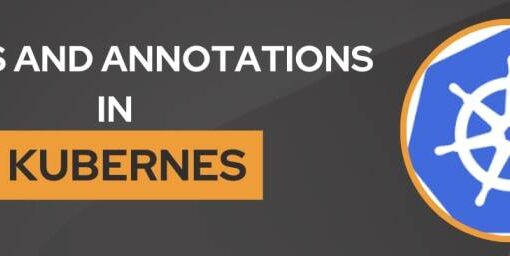
DevSecOps is an approach to integrating security into the DevOps process to ensure that security is considered throughout the entire software development lifecycle. Here is a list of certifications for DevSecOps Engineer:
1. Google Cloud Certified – Professional Cloud Security Engineer
The Google Cloud Certified – Professional Cloud Security Engineer certification is a professional-level certification that demonstrates an individual’s expertise in designing, developing, and managing a secure infrastructure on the Google Cloud Platform (GCP).
To earn this certification, candidates must pass the Professional Cloud Security Engineer exam, which tests their knowledge of GCP security features and best practices. The exam covers topics such as:
- Identity and access management
- Network security
- Data protection
- Incident response
- Compliance and regulatory requirements
- Logging and monitoring
2. AWS Certified Security – Specialty Certification
The AWS Certified Security – Specialty certification is a professional-level certification offered by Amazon Web Services (AWS) that demonstrates an individual’s expertise in securing and managing workloads on the AWS platform.
To earn this certification, candidates must have an active AWS Certified Cloud Practitioner or a current Associate-level or higher certification from AWS and pass the AWS Certified Security – Specialty Exam. The exam tests the candidates’ knowledge and skills in areas such as:
- Data protection and encryption
- Incident response
- Logging and monitoring
- Governance, Compliance and Risk management
- Network and Host-level security
- Identity and Access management
- CloudTrail and Config
3. Microsoft Certified – Azure Security Engineer Associate
The Microsoft Certified: Azure Security Engineer Associate certification is a professional-level certification offered by Microsoft that demonstrates an individual’s expertise in securing Azure environments.
To earn this certification, candidates must pass the Azure Security Engineer Exam. The exam tests the candidates’ knowledge and skills in areas such as:
- Implementing and maintaining Azure networking and identity security
- Securing applications and data using Azure security services
- Managing security operations and incident response
- Implementing and maintaining Azure governance and compliance
- Securing data and applications in Azure
- Managing Azure Key Vault and Azure AD
4. Red Hat Certified Specialist in Security
The Red Hat Certified Specialist in Security is a professional-level certification offered by Red Hat that demonstrates an individual’s expertise in securing Linux environments.
- Implementing and managing security on Linux systems
- Securing network services such as SSH, FTP, and NTP
- Managing access control and authentication
- Configuring firewalls and other security technologies
- Securing data and backups
- Hardening Linux systems
- Implementing and managing SELinux
- Auditing and logging
- Managing security incident response
5. Systems Security Certified Practitioner (SSCP)
The Systems Security Certified Practitioner (SSCP) is a professional-level certification offered by (ISC)² that demonstrates an individual’s expertise in information systems security. The certification focuses on the knowledge, skills and abilities in the seven domains of the SSCP Common Body of Knowledge (CBK), which include:
- Access Control
- Security Operations and Administration
- Risk Identification, Monitoring, and Analysis
- Incident Response and Recovery
- Cryptography
- Network and Communications Security
- Systems and Application Security
6. Certified CloudBees Jenkins Engineer (CCJE)
The Certified CloudBees Jenkins Engineer (CCJE) is a professional-level certification offered by CloudBees, the company behind Jenkins, that demonstrates an individual’s expertise in installing, configuring, and maintaining Jenkins.
- Installing, configuring, and maintaining Jenkins
- Securing Jenkins
- Managing and scaling Jenkins
- Building and testing with Jenkins
- Deploying with Jenkins
- Extending Jenkins with plugins and custom code
- Managing and monitoring Jenkins with CloudBees Jenkins Operations Center
This article is created based on experience but If you discover any corrections or enhancements, please write a comment in the comment section or email us at contribute@devopsforu.com. You can also reach out to us from Contact-Us Page.
Follow us on LinkedIn for updates!





